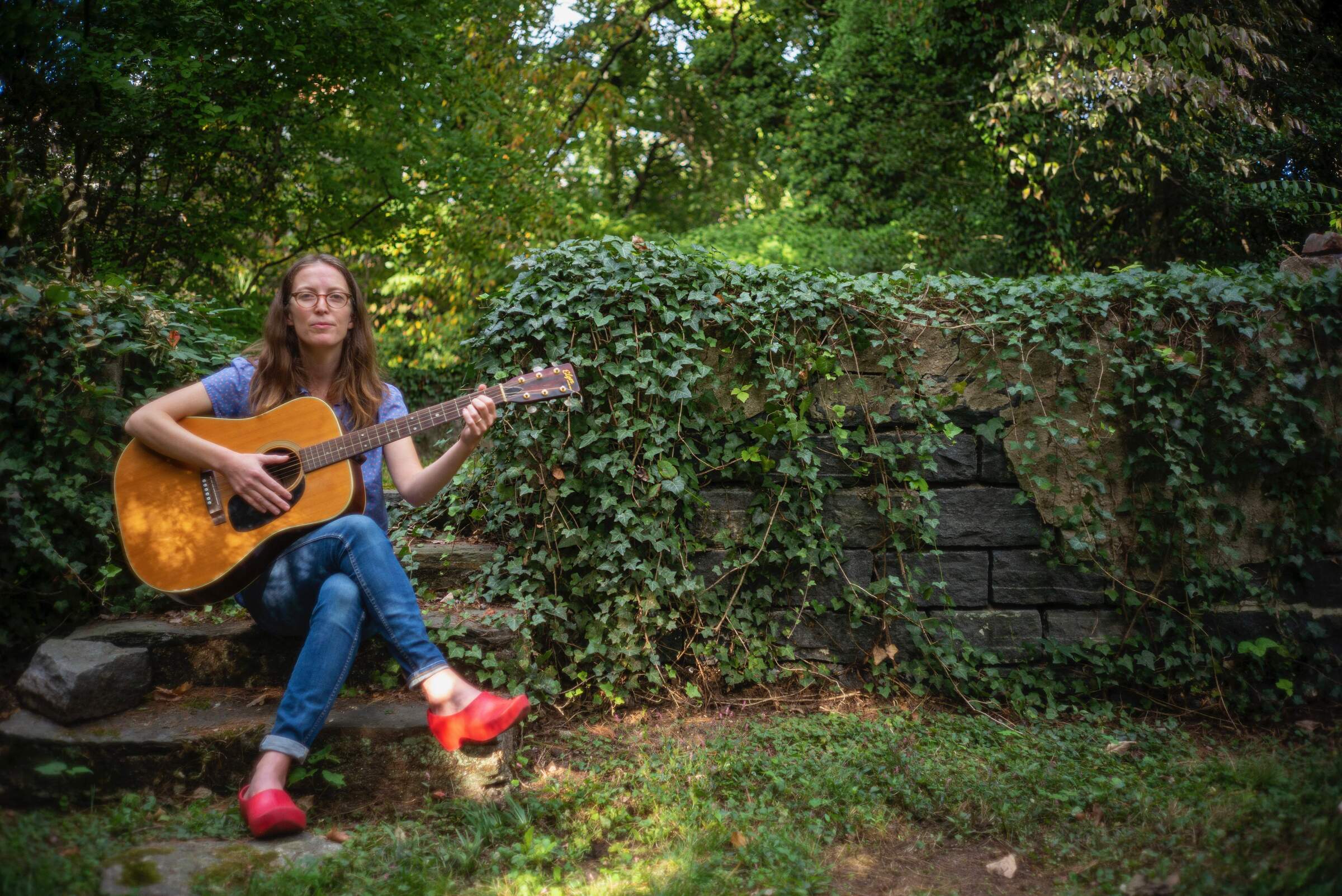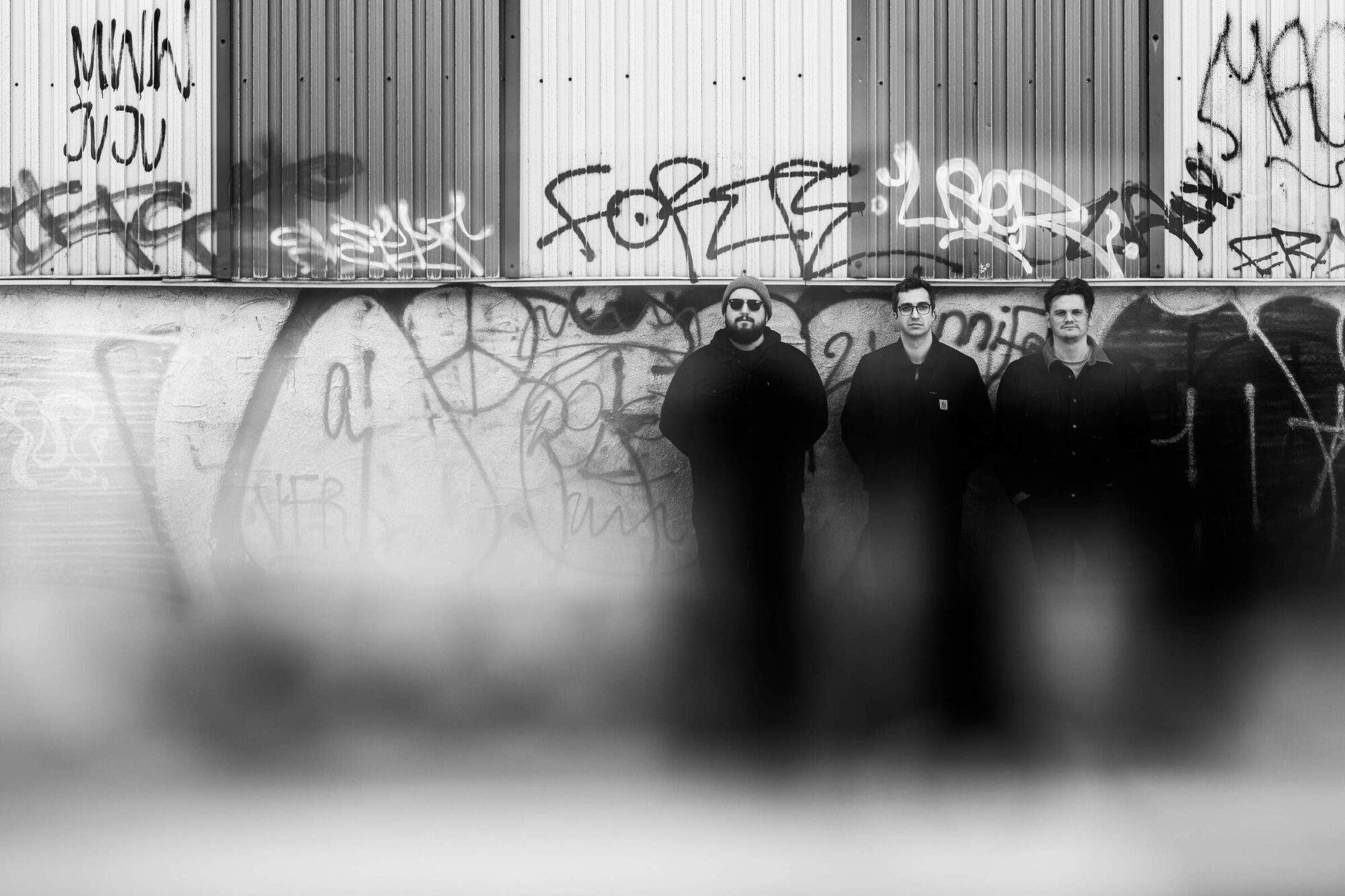Eliza Hardy Jones | Interview | New Album, ‘Pickpocket’
Eliza Hardy Jones, a talented multi-instrumentalist and songwriter based in Philadelphia, is gearing up for the release of her highly anticipated sophomore album, ‘Pickpocket’.
Known for her captivating blend of ethereal folk and indie rock, Pickpocket showcases Eliza’s introspective songwriting and emotive vocals. Since joining The War on Drugs as a touring member in 2022, Eliza’s musical journey has significantly influenced her artistic style and creative direction. Scheduled for release on April 19, 2024, ‘Pickpocket’ promises to offer listeners a compelling exploration of themes such as grief, birth, and the complexities of human existence, cementing Eliza’s position as a prominent figure in the indie music landscape.
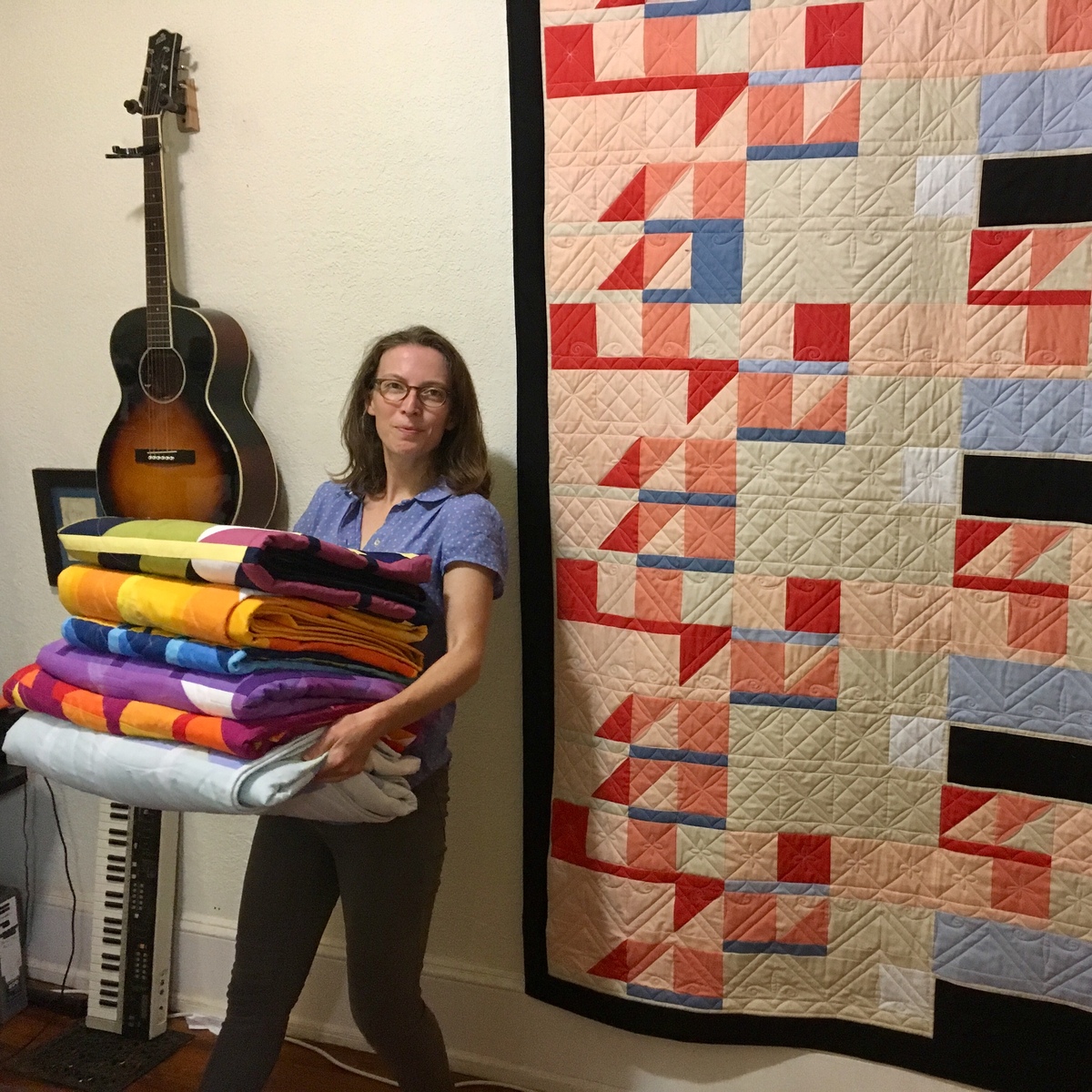
“I wanted each song to have its own universe”
Your upcoming sophomore solo album, ‘Pickpocket,’ delves into themes of grief and its aftermath. How does the thematic focus of this album compare to your previous work, particularly your debut album ‘Because Become’?
Eliza Hardy Jones: Songwriting has always been a place where I try to make sense of the unsettled parts of life. My earlier work with my band Buried Beds tended to look outwards – at the world and how people move through it. When I recorded my first solo album, ‘Because Become,’ I intentionally looked inward and tried to write my way towards a deeper understanding with myself. In ‘Pickpocket,’ I continued looking inwards. The main difference between the two albums is that for ‘Because Become’ I always intended for the songs to be heard, and for many of the songs on ‘Pickpocket,’ I wrote them just for myself and was committed to the idea that I didn’t ever need to let others listen. While both albums are personal, ‘Pickpocket’ is more direct and open.
How has your experience with The War on Drugs influenced your approach to creating music, especially in the context of your solo projects?
I’ve been so lucky in my life to have been able to make music with so many incredible people. I joined The War on Drugs in 2022, but I’ve been making music with members of The War on Drugs for over a decade in different projects and collaborations. Dave Hartley (who plays bass in The War on Drugs) and I have been playing in bands together for a long time, and he’s had an enormous influence on me in so many ways. I am better because of each of the friendships in TWOD, and it’s been fun to get to stretch myself in new ways. Art in conversation is always richer, deeper, and more alive!
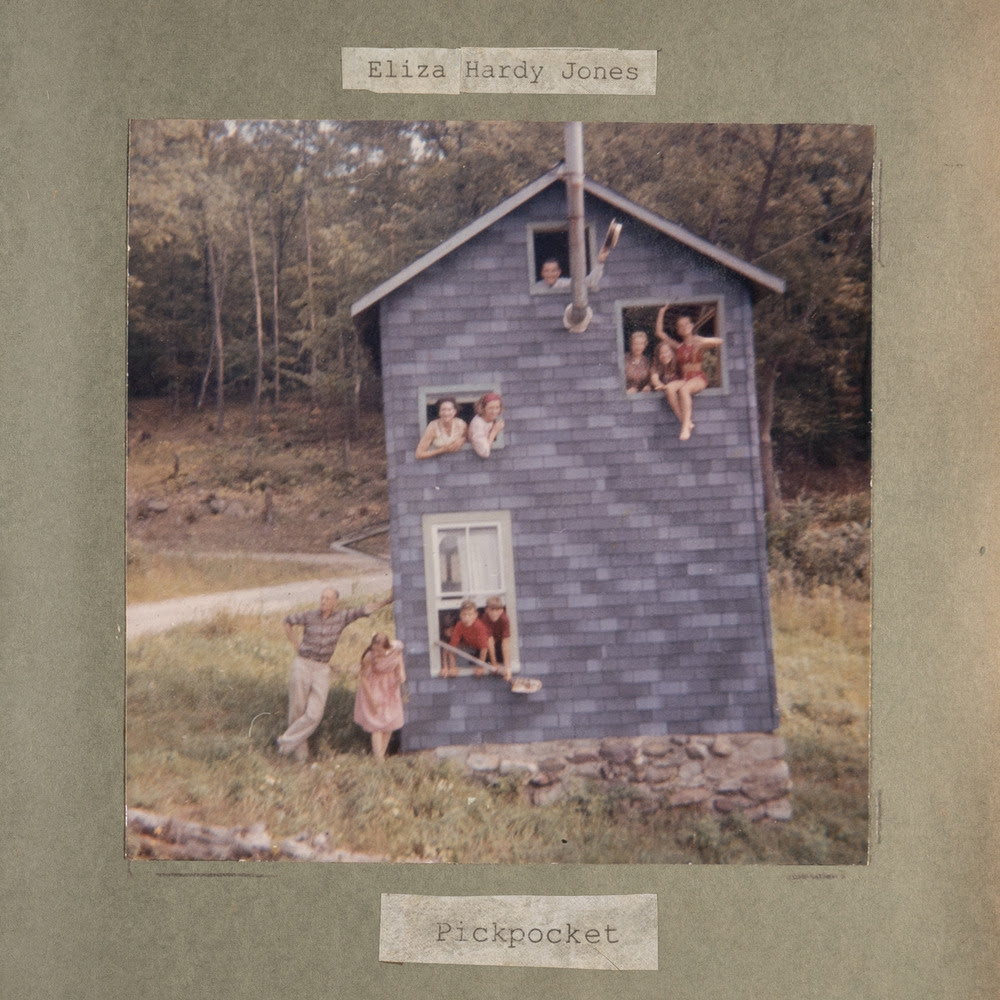
‘Pickpocket’ features collaborations with various musicians, including those you’ve worked with in different capacities such as Grace Potter, Iron & Wine, and The War on Drugs. How did these collaborative experiences shape the sound and direction of the album?
There’s real magic in having a group of friends together in the studio, all listening and responding to each other, creating something special in the moment. But there was also magic in the slow remote collaboration. I wrote and recorded ‘Pickpocket’ on my own, in my little home studio, or with a mobile rig while traveling. At some point in that process, I’d hit a wall and have a total crisis of faith, thinking it was crap – and then I’d send it out to a friend and ask for them to add drums, bass, guitar, or extra synths. Sometimes weeks would go by before I got the tracks emailed back, and without me being in the room to guide them, often I would get back something totally unexpected! This was exciting and gave me renewed energy to keep working. Being able to do remote collaboration also allowed me to work with friends from outside of Philadelphia whom I’d never been able to record with before. At the heart of all this was complete trust in these incredible musicians, and gratitude for their generosity.
The album opener, ‘This is the Year,’ addresses grief as a pickpocket that leaves one broke. Could you share more about the emotional journey behind this song and its significance as the introductory track of ‘Pickpocket’?
‘This is the Year’ is a song about the hardest year of my life. After years of fertility treatments, a miscarriage and ectopic pregnancy, and then finally running out of embryos from multiple IVF cycles, I had to come to terms with the fact that I would not be a mother. It was a year of total physical and emotional ruination. There was no one moment of loss that I was grieving, but rather the relentless erosion of peace. Grief snuck up on me, until I couldn’t recognize myself, until I felt like a stranger in my own body. So this song is about that place of feeling lost to myself, and trying to find a way back. It’s a song I only sang once. The vocal track you hear on the record is the original scratch vocal because I couldn’t bring myself to sing it again. It’s certainly the most personal song on the album, but one I think others could recognize themselves in. After I finished this song, I found myself in a position to try again – after dear friends offered us an embryo. So I am a mother after all, and the deep well of happiness that comes with that gives this song a much different context for me.
‘Ballad for the Barren’ is a poignant reflection on acceptance and finding purpose beyond motherhood. How did you navigate the deeply personal themes of this song during the songwriting process?
As a woman, there has always been intense pressure to have a baby. And for most of my adult life, I did not want that for myself. I do not think that motherhood is the only “true purpose” for a woman. I have always felt my life was full and rich, and that I had so many adventures and opportunities ahead of me. As a touring musician and artist, I felt that motherhood might compromise my ability to do what I loved doing. At some point, that changed for me, and I began to feel a deep longing for motherhood, and for a new kind of adventure. After so many years of failed attempts at getting pregnant, this song was a reminder that I had always seen a full and happy life for myself and my partner without needing to be a mother. My son is 6 months old now, and it’s great to know that I didn’t “need” to be a mother, but it’s pretty special to “get” to be a mom.
You’ve mentioned that ‘Counterfeit’ is the only co-written song on the album, stemming from a collaboration with Matt Musty. How did the collaborative process influence the song’s development, and what inspired its theme of existential dread?
I am lucky to have three incredible drummers on ‘Pickpocket’ (Jordan West, Charlie Hall, and Matt Musty). Matt and I became forever friends after being part of Grace Potter’s touring band for her album ‘Midnight’. When I was writing ‘Pickpocket,’ Matt was so generous with sending along drum parts and also compassion and understanding. At some point in the process, he said we should just write a song together, and I was pumped about the idea. Since it was a song we were writing together, it didn’t feel right to have it be quite as personal, so instead, I wrote about a more universal experience – the existential dread of modern life! I sent Matt a simple track with a synth line and the melody sung over it. Matt then filled out the instrumentation with the help of Jon Levy on guitar and Solomon Dorsey on bass and did a little re-ordering and re-harmonizing, and we ended up with ‘Counterfeit.’ Nick Krill was also an important collaborator on the final product. When Nick mixed the album, I told him to GO BOLD on this mix, and he absolutely did. I remember driving through Malibu, listening to this mix for the first time on a car stereo and whooping out the window!
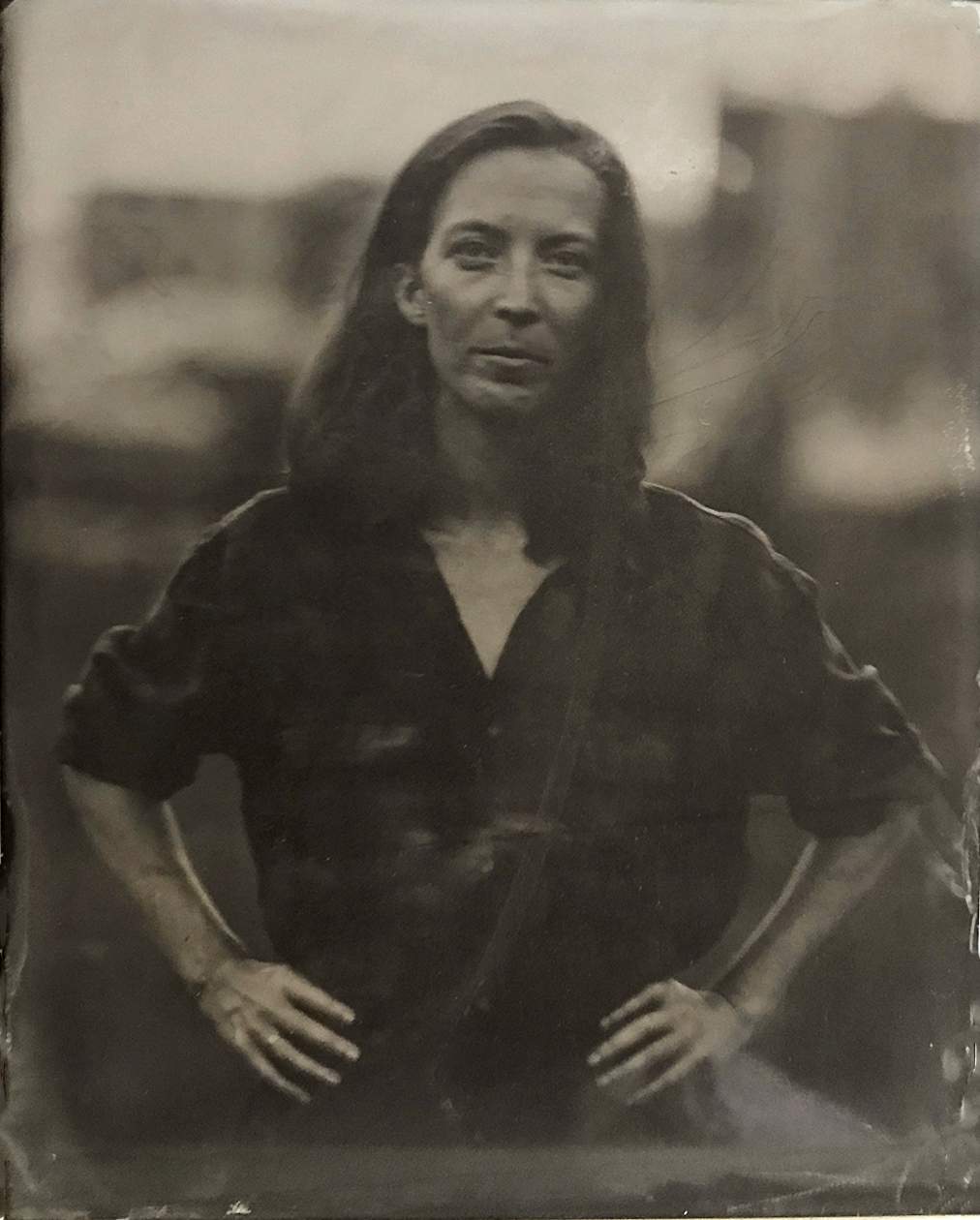
The album features an array of instruments and sonic textures. How did you approach the production and arrangement of the songs to achieve the desired emotional impact?
The lyrical content of this album is pretty dark, but recording it was about having fun. I wanted the collection of songs to feel like they belonged together, but I also wanted each song to have its own universe. Since I wasn’t making the record all at once in a studio, I had the opportunity to use different instruments and different musicians to create a unique world for each song. For ‘Sunday Morning,’ I knew that I wanted something bare and restrained. Joshua Stamper wrote a beautiful arrangement for acoustic bass and woodwinds that paired perfectly with my simple piano line. For ‘I Know How it Ends,’ I wanted to capture the ecstasy of cult membership, and Ben Alleman’s layered synths helped me reach the peak of swirling suicidal righteousness. Each song was an opportunity to try out something new!
Your musical journey has taken you from the Philadelphia music scene to international tours with various artists. How has your hometown and these diverse experiences shaped your identity as a musician and songwriter?
I have definitely been shaped by Philadelphia, and by my time with each of the bands I’ve played with. But it’s hard to know how. I only know what it’s like to have lived this life. Who knows what it would be like if things had been different! Playing in Iron & Wine and Grace Potter’s band are basically opposite gigs, but there were lots of dance parties on both tours. Everything is different, everything is the same, and it all boils us up into new versions of ourselves.
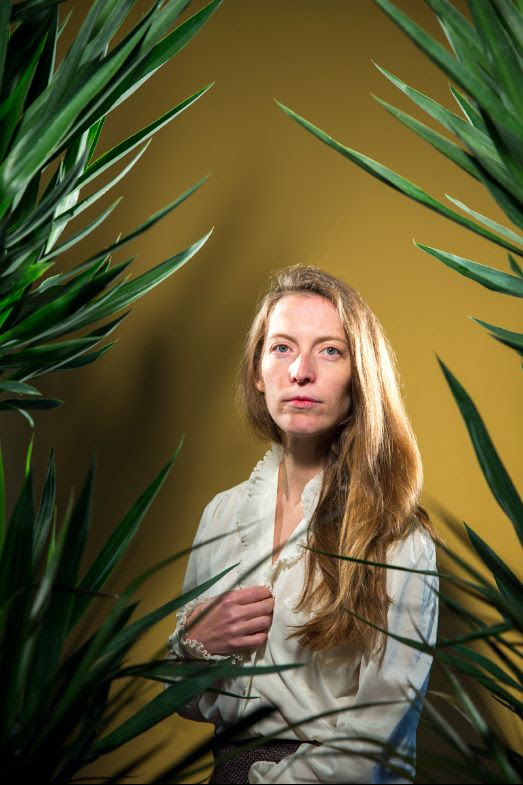
If we were to step into your teenage room, what kind of records, fanzines, posters, etc., would we find there?
My teenage room was a wild scene. My brother is an amazing artist, and I had a lot of his drawings taped to my wall, next to painted tapestries from my parent’s trip to India, and a clock made out of penises (the cock clock). I was a big classical music kid, so I had a lot of Rachmaninov and Prokofiev records, alongside the Dead Milkmen, Joni Mitchell, Cat Stevens, Operation Ivy, Alice Donut, Pete Seeger, Charlie Poole, Dr. John, and Bob Wills. I had a major collection of meaningful garbage: a green shoe found on a hike, old train tickets, scraps of fabric, dried flowers, empty bottles, and all manner of teenage ephemera.
As you continue to perform with The War on Drugs while celebrating the release of ‘Pickpocket,’ how do you balance your roles within different musical projects, and what unique aspects of each do you find fulfilling as an artist?
I love being in The War on Drugs, and getting to tour with the guys is the most fun. But when I’m not on the road, there’s plenty of time and space to work on all kinds of projects. I’ll keep making records, writing songs, making quilts, and hanging out with my family.
Let’s end this interview with some of your favorite albums. Have you found something new lately you would like to recommend to our readers?
My current most-listened-to album is Nina Simone’s album ‘To Love Somebody’. It’ll knock your socks off. My all-time favorite albums are Joni Mitchell’s ‘Blue’ and Kate Bush’s ‘Hounds of Love’. The last record I got to be a part of one my brother wrote. Based on the book The Milkman, The Skull Island Inquirer’s ‘Across the Pond and Beyond the Pail’ is a wild romp through the Irish Troubles with lots of friends singing the characters (I’m in there too). I’ve also been listening to the latest Dr. Dog solo projects. Toby Leaman and Scott McMicken both put out great records last year!
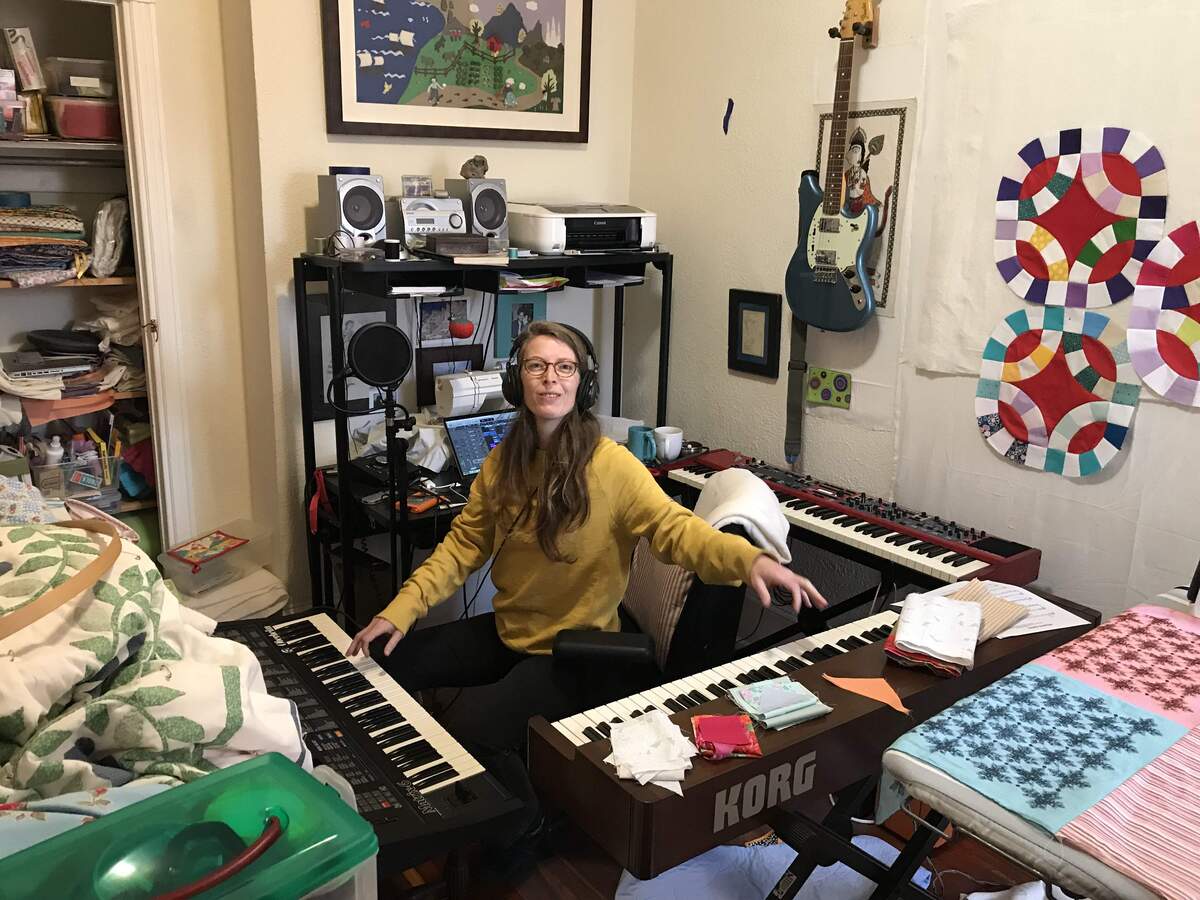
Thank you for taking your time. The last word is yours.
Thanks so much for taking the time to ask me these questions! I hope you enjoy the album.
Klemen Breznikar
Eliza Hardy Jones Official Website / Facebook / Instagram / Twitter / Bandcamp / YouTube

